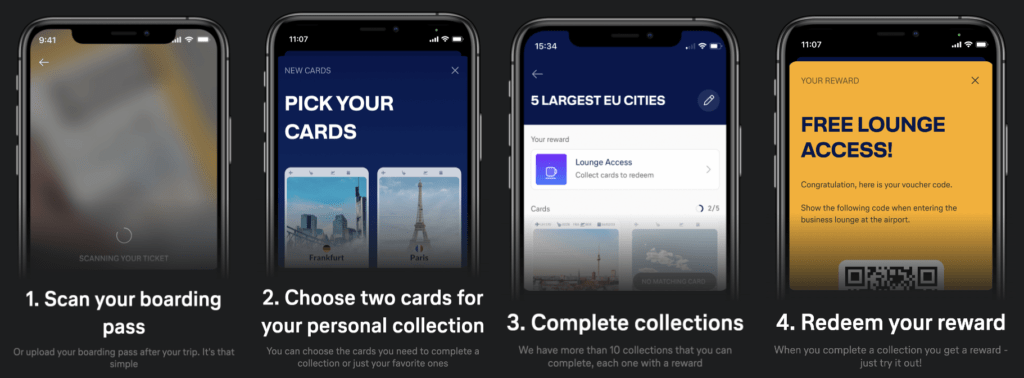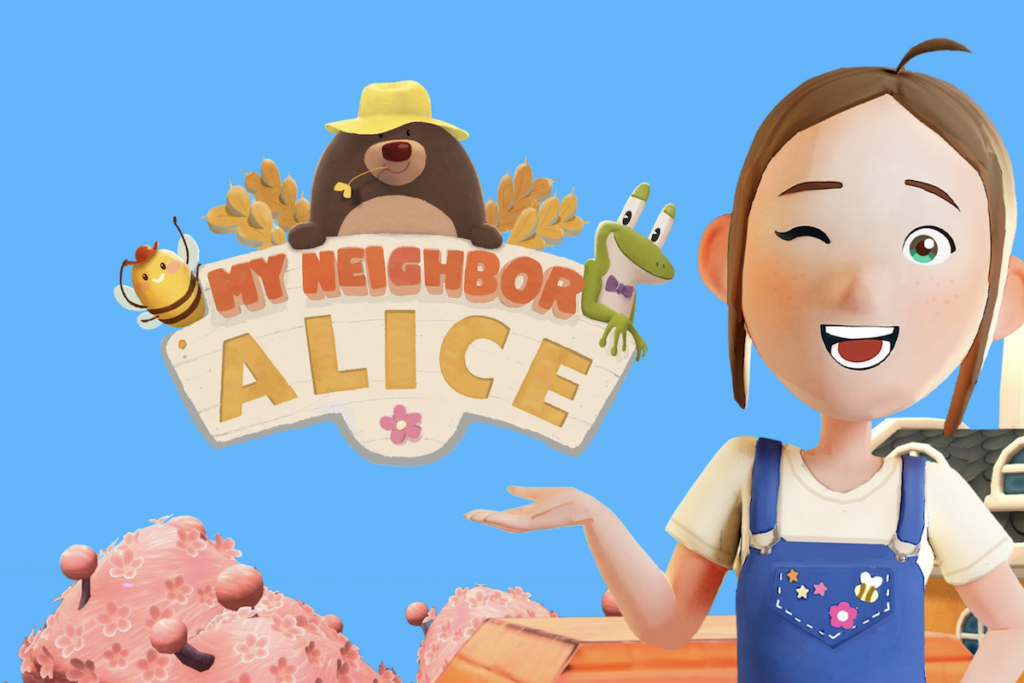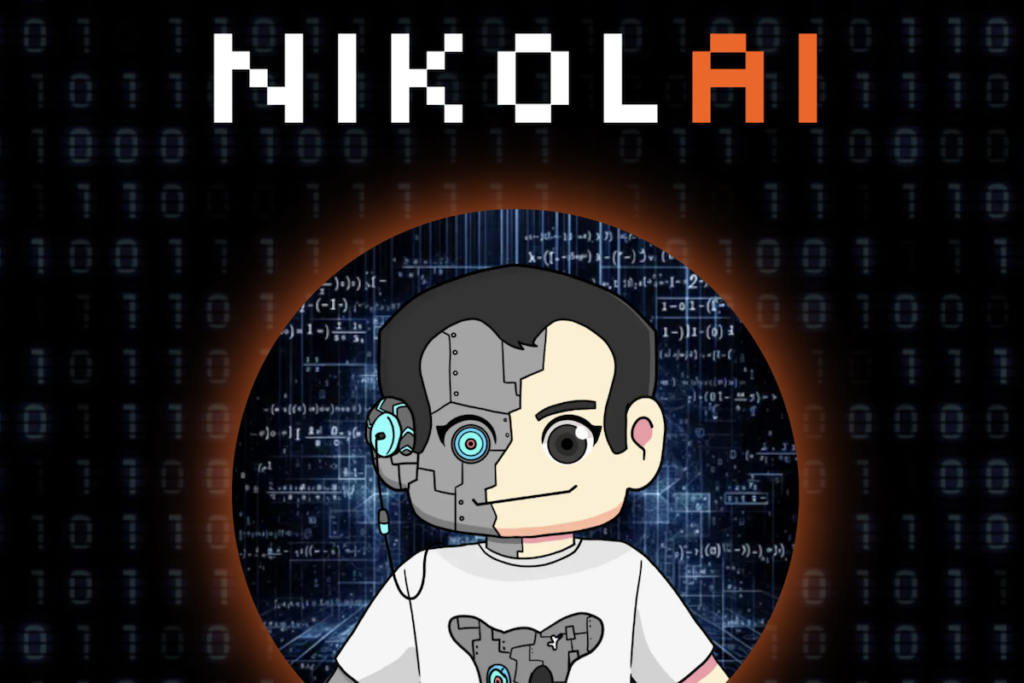In another move to customer engagement with blockchain technology, the Lufthansa Group, the parent company of one of the world’s largest airlines, has announced the launch of an NFT-based loyalty program called Uptrip. This program is not limited to Lufthansa alone; its subsidiaries, like Austrian Airlines and Swiss International Air Lines, are also active participants. Read on to discover how this program aims to enhance airline loyalty schemes and offer passengers unique rewards.
How Uptrip Changes the Loyalty Game
Developed under the Lufthansa Innovation Group umbrella, the Uptrip program operates on the Polygon blockchain network, the platform hosting other major brands like Starbucks. The core idea is simple and engaging: As you travel with any of the participating airlines, you collect digital trading cards.
During its initial testing phase, the program drew the attention of more than 20,000 participants who accumulated over 200,000 of these digital trading cards. Each card is designed around specific themes, such as locations visited, aircraft used by the airlines, or even specific holidays.

Collecting all the cards under a particular theme enables users to unlock various exclusive benefits. These perks range from complimentary in-flight Wi-Fi to access to luxurious airport lounges. Uptrip also plans to introduce a trading function allowing users to exchange cards to complete their themed collections. In addition, users can redeem airline miles and enjoy other advantages as part of the program. Lufthansa carried 101.8 million passengers in 2022 and boasts a pre-existing loyalty program, Miles and More, with about 36 million members.
The Bigger Picture: NFTs in the Airline Industry
This NFT-based approach is gaining traction in the airline industry. For example, in July, Etihad Airways, the national airline of the United Arab Emirates, stepped into the NFT world by launching its Mission Impossible Livery tokens. It’s evident that airlines are not just looking at NFTs as collectibles but are exploring how they can enhance the overall customer experience and engagement.
Argentinian budget airline Flybondi integrated Web3 technology into its ticketing operations in March. Partnering with NFT ticketing company TravelX, they introduced a new system called Ticket 3.0, designed to reshape how passengers interact with air travel by issuing e-tickets as NFTs.
As the industry continues to navigate the challenges and opportunities presented by blockchain and NFT technology, Lufthansa and its counterparts aim to create immersive and rewarding travel experiences. These initiatives define the next era of customer engagement and brand loyalty in the airline world.
Author
-

Web3 advocate with a knack for breaking down complex concepts into engaging narratives.




